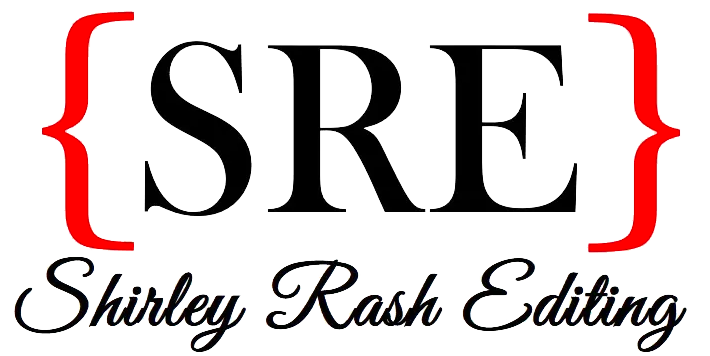As some of you know, I work part time at my local library in addition to running my own editing business. I love my library job and appreciate the fact that, since it is a small rural public library, I often get to do things that would ordinarily be limited to professional librarians with MLS degrees. I do a fair amount of reference work and program development, as well as working the circulation desk, but one of my favorite things to do is readers’ advisory (RA). I’ve long maintained that working at a library makes me a better editor and that working as an editor makes me a better library associate, and RA is one of the reasons I believe this so strongly.
Saying I provide RA services to patrons is a formal way of saying that I’m the person whom people are referred to when they need help finding something new to read. It’s a fun challenge–I’ve handled requests that range from “crime fiction, the gorier to better” to “gritty mysteries with no profanity” to “horror set in insane asylums” to “funny Southern fiction”–and a few weeks ago, I presented a training to my library coworkers on how to offer effective RA services. In the process of working on the presentation, it dawned on me that a lot of this is useful to writers too.
Continue reading









